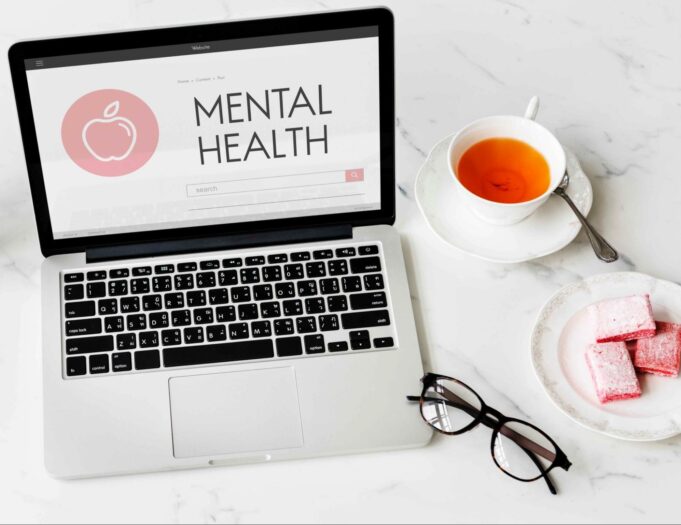Mental health practice management software is becoming increasingly popular among mental health professionals as they recognize its potential to streamline their practices, improve client care, and reduce their workload. In this article, we will explore what mental health practice management software is and why it is important for mental health professionals to incorporate it into their practices.
Mental health practice management software is a tool designed to help mental health professionals manage their practices more effectively. This software usually includes a range of features such as client management, scheduling, billing and invoicing, document management, and reporting. Mental health professionals can use these tools to simplify their day-to-day operations, reduce administrative burdens, and ultimately improve the quality of care they provide to their clients.
One of the key benefits of mental health practice management software is that it can help mental health professionals better manage their client relationships. With client management tools, mental health professionals can easily store and access client information such as their contact details, session history, and treatment plans. They can also use scheduling tools to organize and schedule appointments, document the patients’ journey with improved DAP notes, and build better therapeutic alliances with patients.

Another key benefit of mental health practice management software is that it can help mental health professionals with billing and invoicing. With these tools, mental health professionals can easily generate invoices, track payments, and manage their financial records. This can help them to reduce administrative work and save time, allowing them to focus more on their clients.
Mental health practice management software can also help mental health professionals with document management. With document management tools, mental health professionals can store and access important documents such as treatment plans, progress notes, and assessment results. They can also use these tools to share documents securely with other professionals or clients, improving collaboration and communication.
Finally, mental health practice management software can help mental health professionals with reporting. With reporting tools, mental health professionals can generate reports on their practice operations, client outcomes, and financial performance. These reports can help them to identify areas for improvement, track progress towards goals, and make data-driven decisions.
In conclusion, mental health practice management software is an essential tool for mental health professionals. It can help them to manage their practices more effectively, improve client care, and reduce their workload. If you are a mental health professional, we encourage you to consider incorporating mental health practice management software into your practice. With its many benefits, it could be the key to taking your practice to the next level.












